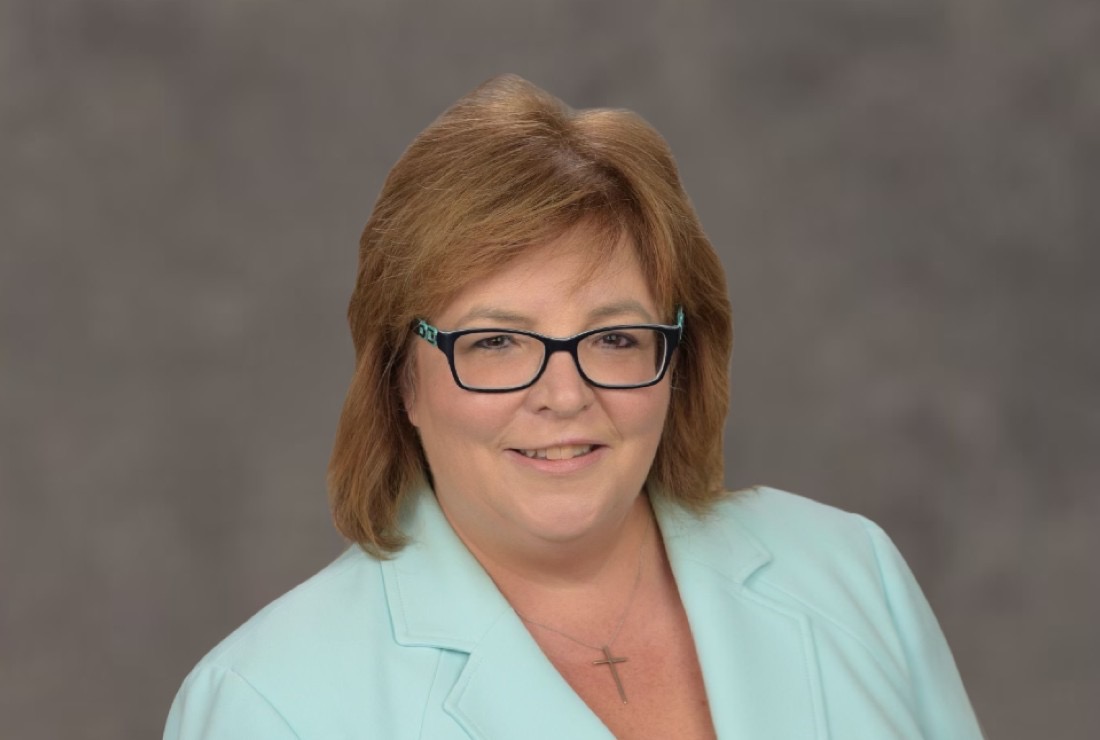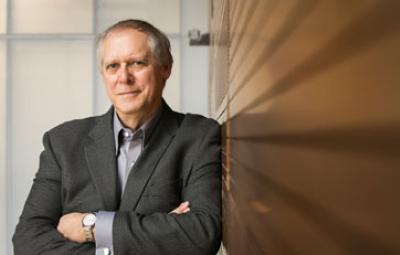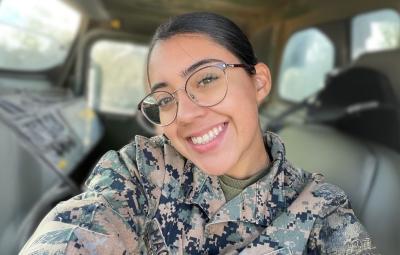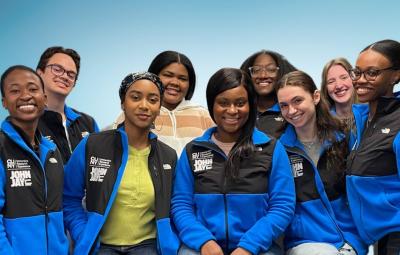
Hometown: Baltimore, MD
Degree: Master of Arts in Forensic Psychology
Mentor: Dr. James S. Wulach
Programs: President of the Forensic Psychology Student Association
Externship: Metropolitan Detention Center (Federal Bureau of Prisons)
Current Role: CEO of Erlanger Behavioral Health Hospital
“Many career doors opened for me because I got my master’s degree at John Jay,” says Robin Weagley ’97. “I’ve worked for government, nonprofit, and for-profit organizations and got invited to important tables, including AmeriCorps and Colin Powell’s America’s Promise Task Force. I’ve helped inform policy and create change at the local and federal levels. My career successes, including my new role as CEO at Erlanger Behavioral Health Hospital, are a testament to the power of a John Jay education.”
What was life like before John Jay?
I was an only child raised by two incredibly hardworking parents. My work ethic, mindfulness, and care for community come from them. They instilled in me the desire to be of service and a champion for people often ignored or forgotten by society. I remember being a candy striper and working for Meals on Wheels from elementary through high school. Academics were also very important. I was the first in my family to go to college, and the more I learned about the intersection of justice, health, and psychology, the more I wanted to work in that world.
Why John Jay?
I wanted to get a master’s degree in forensic psychology to help communities more deeply. I knew that John Jay had one of the best forensic psychology programs in the country, but it was in New York—which was a city I had never been to. Yet, I was so sure that it was the right program for me, that I mustered the courage to apply. I’m glad I did because it opened many doors for me intellectually and professionally. Seeing the evolution of the program throughout the years has been incredible.
Were there any classes or experiential learning opportunities that helped advance your career goals?
While at the College, I had a rewarding externship at the Metropolitan Detention Center in Brooklyn. The ability to go in and run groups with women who were in the pre-sentence and pre-trial phase of their criminal justice journey—which was a pretty scary time for them—was empowering for both me and these women. I was a friendly face who would hear them out and give them one-on-one time—the entire experience was enriching and eye-opening. I could see the whole person, not just what brought them to the Center. I remember meeting people from all walks of life who ended up in really bad situations, not because of malice or ill intent, but because of their circumstances.
How did Dr. James Wulach help you during your time at John Jay?
At the time, Dr. Wulach was the coordinator for the Master of Arts Forensic Psychology program and my professor. He also oversaw the forensic psychology student club that I led. His classes were all fascinating. He was a mentor who sat down with me, shared his experiences in the field, and valued the public service work I had done in Maryland. He believed in me so much that he reached out to his personal network of public professionals and set up interviews for me with leading state agencies. That’s a testament to the excellence of professors at John Jay. They want their students to succeed.
What does your role as CEO at Erlanger Behavioral Health Hospital involve?
As CEO, I lead a team that ensures access to mental health resources—be it for adolescents, adults, or seniors. At Erlanger, we work with mental health needs across a continuum of care, from outpatient to inpatient and everything in between. We are one of over 236 facilities and programs offered across the U.S. and Puerto Rico through Acadia Healthcare. We’ve set up treatment centers and medication assistant programs. Our entire team is focused on understanding what our local community needs. We want to be innovative, especially in a post-pandemic world, and we seek to make our services accessible while also working to eliminate the stigma attached to mental health needs.
What advice do you have for students pursuing a career in mental health?
I firmly believe in Shirley Chisholm’s quote, “Service is the rent we pay for the privilege of living on this earth.” The mental health field is very person-focused and dedicated to the wellness of others—so make sure you want to serve others. Apply to as many experiential learning and volunteering opportunities as possible. You’ll gain valuable hands-on experience, expand your network, and deepen your passion for the work. Meet with people working in the field and ask them questions to better understand what it takes to succeed in the field. Always remain open to learning, no matter how much you know, and remember to “bloom” where you are planted.



